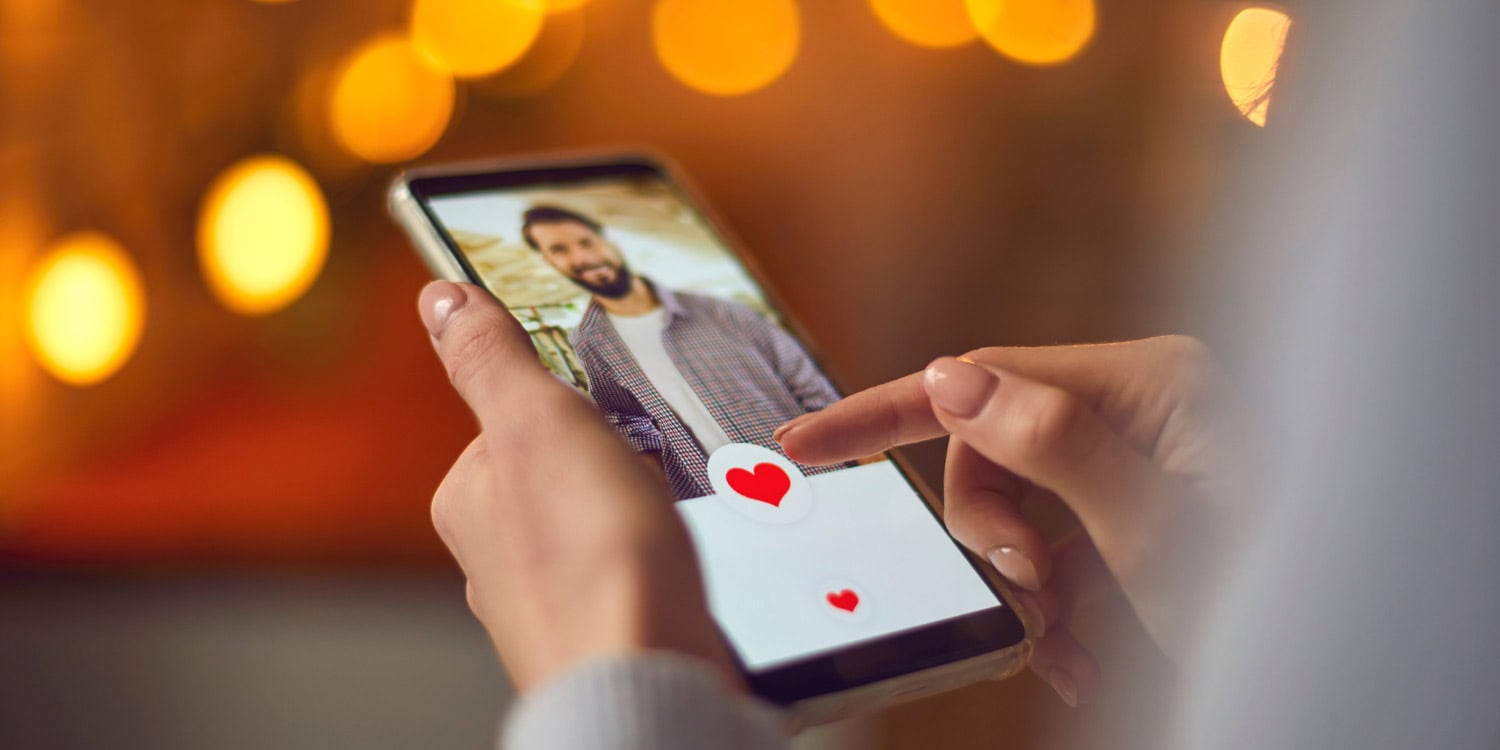For many, the prospect of being single is daunting, especially in a world where romantic relationships are often viewed as essential to happiness and social status. But does the fear of being single heighten dating anxiety, particularly in the context of online dating? A recent study published in Computers in Human Behavior sheds light on this question, revealing connections between the fear of being single, dating anxiety, and the motivations that drive people to use online dating apps.
Previous research has suggested that people may turn to online dating either to compensate for social deficiencies or to enhance their already robust social lives. However, how these motivations interact with the fear of being single and subsequent dating anxiety has remained largely unexplored.
Given the increasing popularity of online dating in China—fueled by rapid urbanization and busy lifestyles—the researchers sought to understand whether online dating could alleviate or exacerbate the psychological distress associated with being single. They also wanted to examine the potential mediating roles of imagined interaction (thinking about potential romantic encounters) and romantic disillusionment (disappointment with romantic realities) in this process.
The study involved an online survey of 505 self-identified heterosexual users of popular Chinese online dating apps, including Momo, Tantan, and Soul. Participants, aged 19 to 58, were asked to respond to a series of questions designed to measure their fear of being single, their motivations for using dating apps, their experiences of imagined interactions, romantic disillusionment, and dating anxiety.
One of the key findings was that individuals who experience a strong fear of being single tend to have higher levels of dating anxiety. In other words, those who agreed with statements such as “It scares me to think that there might not be anyone out there for me” also tended to agree with statements such as “I become tense and jittery when I feel that someone of the opposite sex is checking me out.”
The researchers also explored how the fear of being single is related to the motivations that drive people to use online dating apps. They found that this fear was associated with a stronger motivation to seek romantic relationships through these platforms.
Interestingly, those who were motivated to find romantic connections through online dating reported lower levels of romantic disillusionment. This type of disillusionment includes sentiments such as feeling less attractive, experiencing self-disappointment, and becoming increasingly disillusioned with others and the concept of romance. This finding was somewhat surprising, as it was initially expected that high expectations in romantic pursuits might lead to greater disillusionment when reality fails to meet those expectations.
Another significant finding was related to the role of imagined interaction, which refers to the mental rehearsal or fantasy about potential romantic encounters. The study found that individuals motivated by sexual relationships were more likely to engage in these imagined interactions.
However, these mental exercises did not significantly reduce dating anxiety. This suggests that while imagined interactions may help satisfy immediate desires or provide a sense of preparation, they do not necessarily alleviate the deeper anxieties associated with dating, especially when the fear of being single is a driving force.
Finally, the researchers explored the pathways through which fear of being single could affect dating anxiety. They tested two main pathways: one where fear of being single led to increased sexual motivation and imagined interaction, and another where it led to romantic motivation and changes in romantic disillusionment.
The results supported the second pathway, but not in the expected direction. Instead of increasing disillusionment and anxiety, romantic motivation appeared to reduce disillusionment, thereby decreasing dating anxiety. This finding challenges the initial hypothesis and suggests that the relationship between fear of being single and dating anxiety is more nuanced than previously thought. The study suggests that individuals seeking romantic connections may have more realistic expectations and therefore experience less disappointment and anxiety.
“We theorized that online daters might hold high expectations of dating applications to seek long-term romantic relationships. These dating applications might enhance people’s negative feelings about self and others, as previous research and our observations suggested many negative aspects of online dating, such as encountering sexual content, aggressive interactions, bullying, ghosting, deception, and so on.”
“However, this may come as a bias we have about online dating. Rather than high expectations, some individuals might have reservations and caution about seeking romantic relationships through online dating. Instead of having many negative experiences, users may experience positive interactions with potential dates, engage in meaningful explorations, and understand themselves better through online dating. As a result, they would have decreased disillusionment.”
In summary, the study’s findings indicate that while the fear of being single is a significant predictor of dating anxiety, the way individuals cope with this fear — whether through seeking romantic or sexual relationships — might lead to different psychological outcomes. The reduction in romantic disillusionment among those motivated by romantic connections offers a hopeful perspective, suggesting that not all coping mechanisms exacerbate anxiety; some may actually alleviate it, depending on the expectations and experiences of the individual.
However, the cross-sectional nature of the study means that it cannot establish causality. For example, it is unclear whether the fear of being single leads to dating anxiety or whether individuals with higher dating anxiety are more likely to develop a fear of being single. Future research, particularly longitudinal studies, could help clarify these relationships and provide a more robust understanding of how online dating influences psychological well-being.
The study, “For imagination or disillusionment? The social compensation and social enhancement effects on dating anxiety for online daters who fear being single,” was authored by Li Zhong and Vincent Huang.




